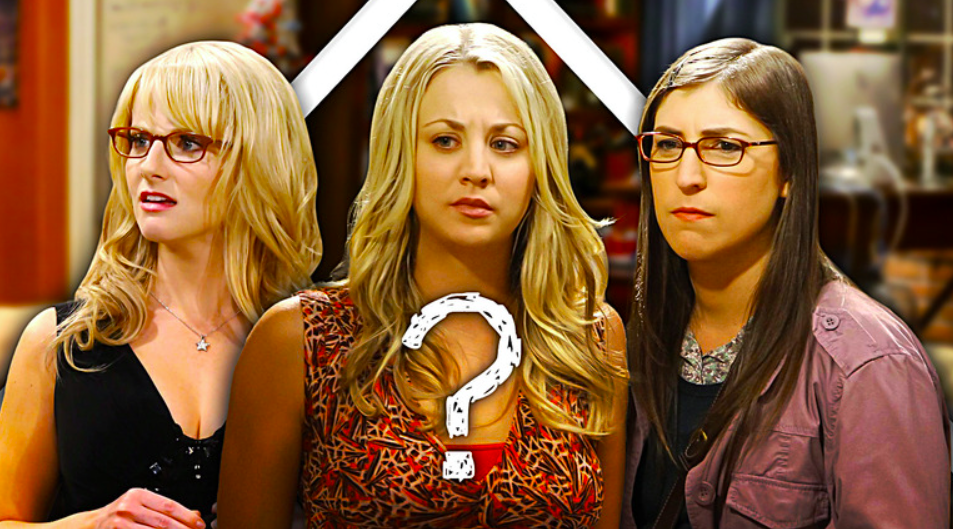
Breaking Free from Sitcom Stereotypes
From her Season 1 debut as the bubbly “girl next door,” Penny initially seemed destined to be nothing more than Leonard’s love interest and comic foil to four brilliant scientists. Yet by Season 9’s turning-point episode, “The Platonic Permutation,” she shocked fans by leaving her long-failed acting dreams behind—and reinventing herself as a top-performing pharmaceutical sales representative. This bold pivot didn’t just generate fresh jokes; it redefined what a female character could achieve in a male-dominated sitcom world.
The Highs and Lows of Reinvention
Penny’s journey wasn’t a smooth upward curve. In Season 8’s emotional two-parter, her devastation over yet another canceled pilot laid bare the real-world sting of rejection. Viewers watched her tears as Leonard celebrated a scientific breakthrough—an intentional contrast that spotlighted her struggle. Rather than letting her remain beaten down, the writers granted Penny agency: she chose to apply her empathy and people-skills to pharma sales. Her first major victory—a nerve-racking pitch to skeptical executives—culminated in a triumphant phone call to Leonard, marking not just comedic relief but a true character triumph.

Redefining Female Success on TV
Penny’s career rebirth rippled through the ensemble. Amy and Bernadette, both PhD scientists, began treating her as a peer rather than a romantic rival, culminating in Season 10’s “The Cohabitation Experimentation,” where the four women commiserate over work–life balance. That scene—four strong women supporting each other—would have been unthinkable in early seasons. By the finale, Penny and Leonard negotiate a joint move that balances love and ambition, proving success need not follow a straight line.
A Lasting Legacy for Sitcom Heroines
Through Penny, The Big Bang Theory shattered the mold of the passive sitcom girlfriend. Her messy, inspiring climb from acting flops to corporate wins showed audiences that resilience and reinvention are worthy of center stage. In doing so, the show left behind a blueprint for future comedies: female characters can drive plot, command respect, and achieve authentic growth—one pitch meeting at a time.